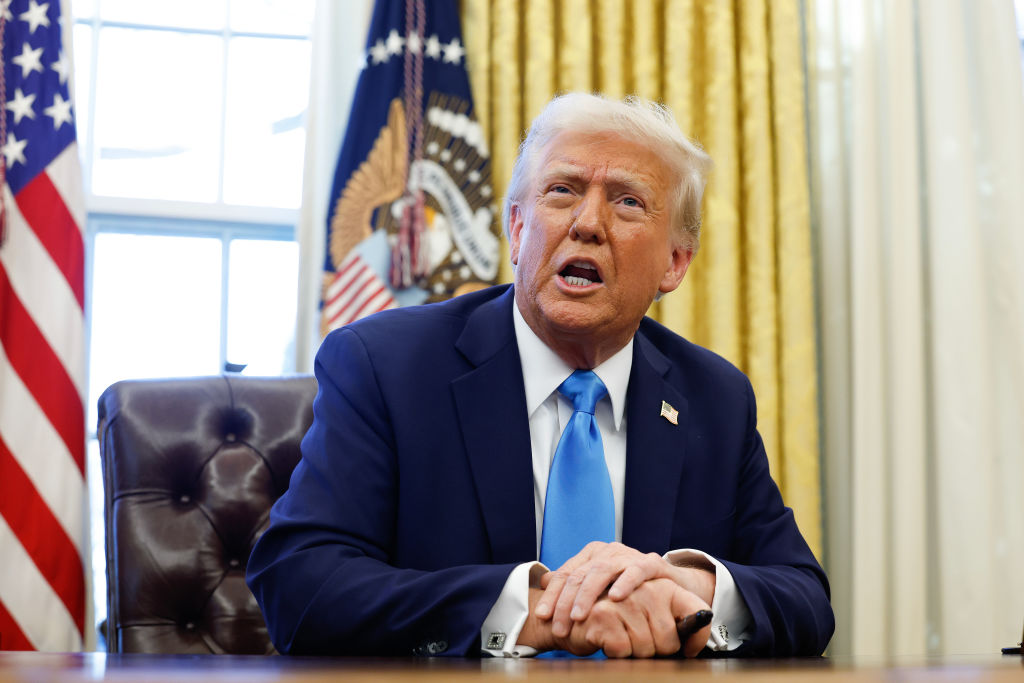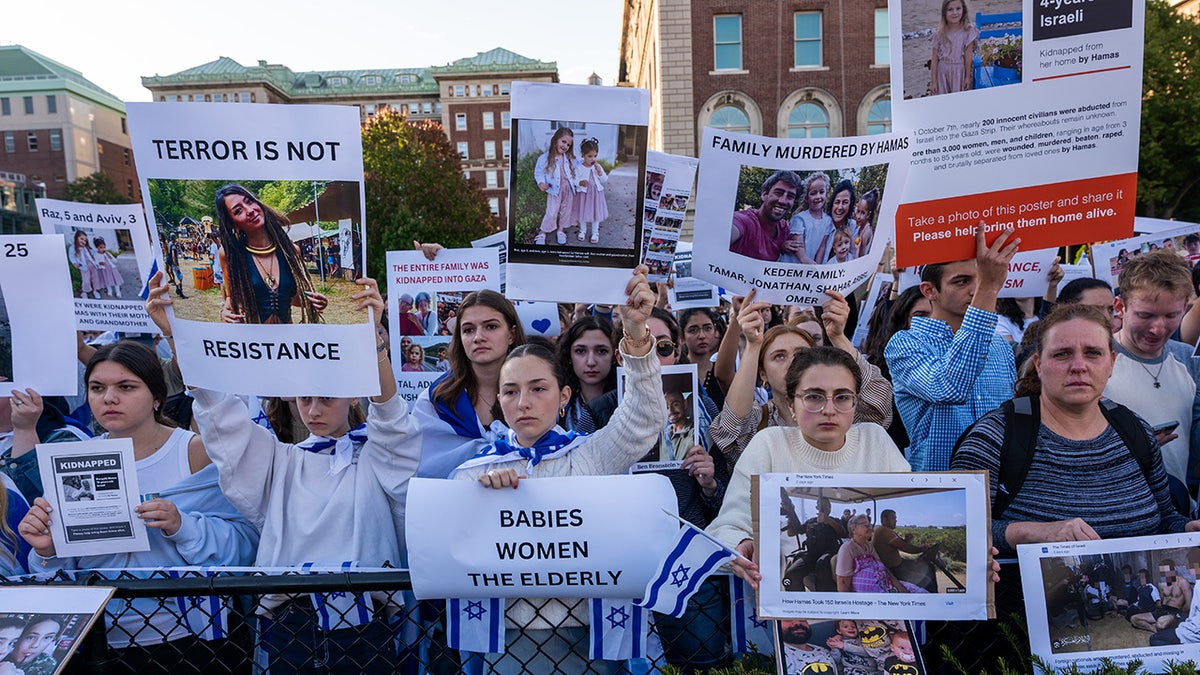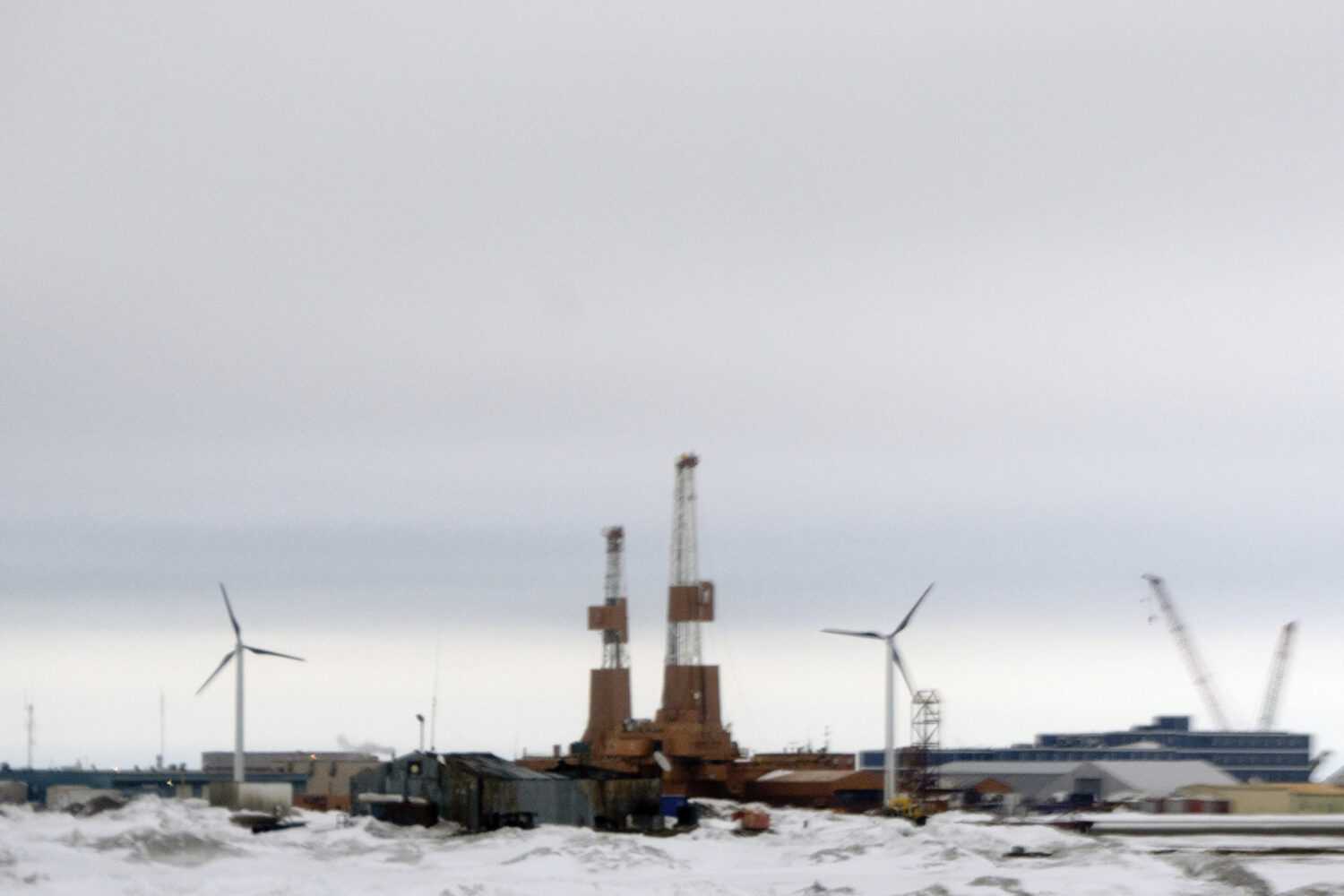Trump Administration Imposes Sanctions on ICC Judges Investigating U.S. War Crimes in Afghanistan
#trump administration #icc #war crimes #human rights #international justice

About the People Mentioned
Humeyra Pamuk
Humeyra Pamuk is a senior foreign policy correspondent for Reuters, specializing in coverage of the U.S. Department of State. With over two decades of experience at Reuters, she has reported from more than fifty countries and held postings in Turkey, the United Arab Emirates, Egypt, and the United Kingdom. Based in Washington, D.C., Pamuk regularly travels with U.S. officials to cover diplomatic and international affairs, providing in-depth reporting on foreign policy developments. Throughout her career, she has established herself as a knowledgeable journalist on global diplomatic issues, leveraging her extensive international experience and deep understanding of geopolitical dynamics. Her role involves close engagement with U.S. foreign policy and international relations, making her a key correspondent on these topics for Reuters. Pamuk's background reflects a strong connection to Turkey, but her reporting scope is global, focusing on the intersection of U.S. diplomacy and international events. Her work is recognized for offering reliable, timely insights into complex foreign policy matters, contributing to informed public discourse. As of recent years, she remains an active journalist covering significant developments in U.S. foreign policy and international relations, maintaining a prominent presence in political journalism circles. Her expertise and reporting continue to be relevant for audiences seeking comprehensive coverage of diplomatic affairs.
Stephanie van den Berg
Stephanie van den Berg is a freelance journalist and correspondent based in The Hague, specializing in coverage of international courts, war crimes trials, and international justice. She has nearly two decades of experience reporting on these topics, working for Reuters and other news organizations. Van den Berg is also known as a podcast host for "Asymmetrical Haircuts," which she co-produces with colleague Janet Anderson. The podcast offers insights into international justice and frequently features interviews with female experts in the field[2][5][7]. Her journalistic work includes detailed reporting on significant trials such as those at the Kosovo Specialist Chambers, where she has highlighted issues around the legitimacy of trials relating to wartime actions[2]. Van den Berg’s reporting focuses on the complexities of international law and justice, providing context and analysis for a broad audience. Earlier in her career, she interned at the Wilson Center’s Canada Institute, indicating her engagement with international affairs and policy research[1]. She combines her expertise in journalism with a deep understanding of legal and international justice issues, making her a respected voice in this niche. There is no indication she holds academic or clinical positions; rather, her profile is that of a seasoned journalist and media producer with a focus on international legal matters and human rights-related trials. Her current relevance stems from her ongoing work covering international courts and producing content that explores the challenges and developments in international justice systems[2][7]. In summary, Stephanie van den Berg is a recognized freelance journalist and podcast host specializing in international justice, known for her detailed reporting on war crimes tribunals and her role in fostering public understanding of complex legal issues through multimedia platforms.
Donald Trump
Donald John Trump, born June 14, 1946, in Queens, New York, is an American businessman, media personality, and politician. He graduated from the University of Pennsylvania’s Wharton School in 1968 with a degree in economics. In 1971, he took over his family’s real estate business, renaming it the Trump Organization, through which he expanded into building and managing skyscrapers, hotels, casinos, and golf courses. Trump gained widespread fame as the host of the reality TV show *The Apprentice* from 2004 to 2015, which helped establish his public persona as a successful entrepreneur. Trump entered politics as a Republican and was elected the 45th president of the United States, serving from 2017 to 2021. His presidency was marked by significant policy actions including tax cuts, deregulation, the appointment of three Supreme Court justices, renegotiation of trade agreements (notably replacing NAFTA with the USMCA), and a focus on immigration control including border wall expansion. He withdrew the U.S. from international agreements such as the Paris Climate Accord and the Iran nuclear deal, and engaged in a trade war with China. His administration’s response to the COVID-19 pandemic was criticized for downplaying the virus’s severity. Trump was impeached twice by the House of Representatives—first in 2019 for abuse of power and obstruction, and again in 2021 for incitement of insurrection—but was acquitted by the Senate both times. After losing the 2020 election to Joe Biden, Trump challenged the results, culminating in the January 6, 2021, Capitol riot. He remains a central figure in American politics, having won the 2024 presidential election and returned as the 47th president in 2025, continuing to promote policies aimed at economic growth, border security, and military strength[1][2][3][4].
About the Organizations Mentioned
International Criminal Court
The **International Criminal Court (ICC)** is a permanent international tribunal established to prosecute individuals responsible for the most serious crimes under international law: **genocide, crimes against humanity, war crimes, and the crime of aggression**[2][4]. It operates independently of the United Nations but collaborates with it, particularly in investigations and security matters[2][6]. Founded by the **Rome Statute** in 1998 and operational since 2002, the ICC aims to end impunity for grave offenses that national courts are unable or unwilling to prosecute[1][2][7]. Located in **The Hague, Netherlands**, the ICC investigates, prosecutes, and tries individuals—never states—who commit heinous crimes, thereby promoting justice for victims and deterring future violations[1][6]. Its jurisdiction applies only to crimes committed after July 1, 2002, and generally within the territories of states that have ratified the Rome Statute or where the UN Security Council refers situations[2][7]. The ICC’s structure consists of four main organs: the **Presidency**, overseeing administration and external relations; the **Judicial Divisions**, made up of 18 judges handling pre-trial, trial, and appeals; the **Office of the Prosecutor**, responsible for investigations and prosecutions; and the **Registry**, managing judicial and administrative support[3][5][7]. The **Assembly of States Parties** governs the Court’s management, elects judges and prosecutors, and approves the budget[3][5]. Since 2018, the ICC has had jurisdiction over the crime of aggression, holding leaders accountable for illegal wars, a significant expansion of its mandate achieved through amendments to the Rome Statute[4]. The ICC currently conducts investigations and trials across multiple continents, addressing ongoing conflicts and atrocities[4][6]. Notably, the ICC also works through the **Trust Fund for Victims**, which provides reparations and assistance to victims and their families, emphasizing

















